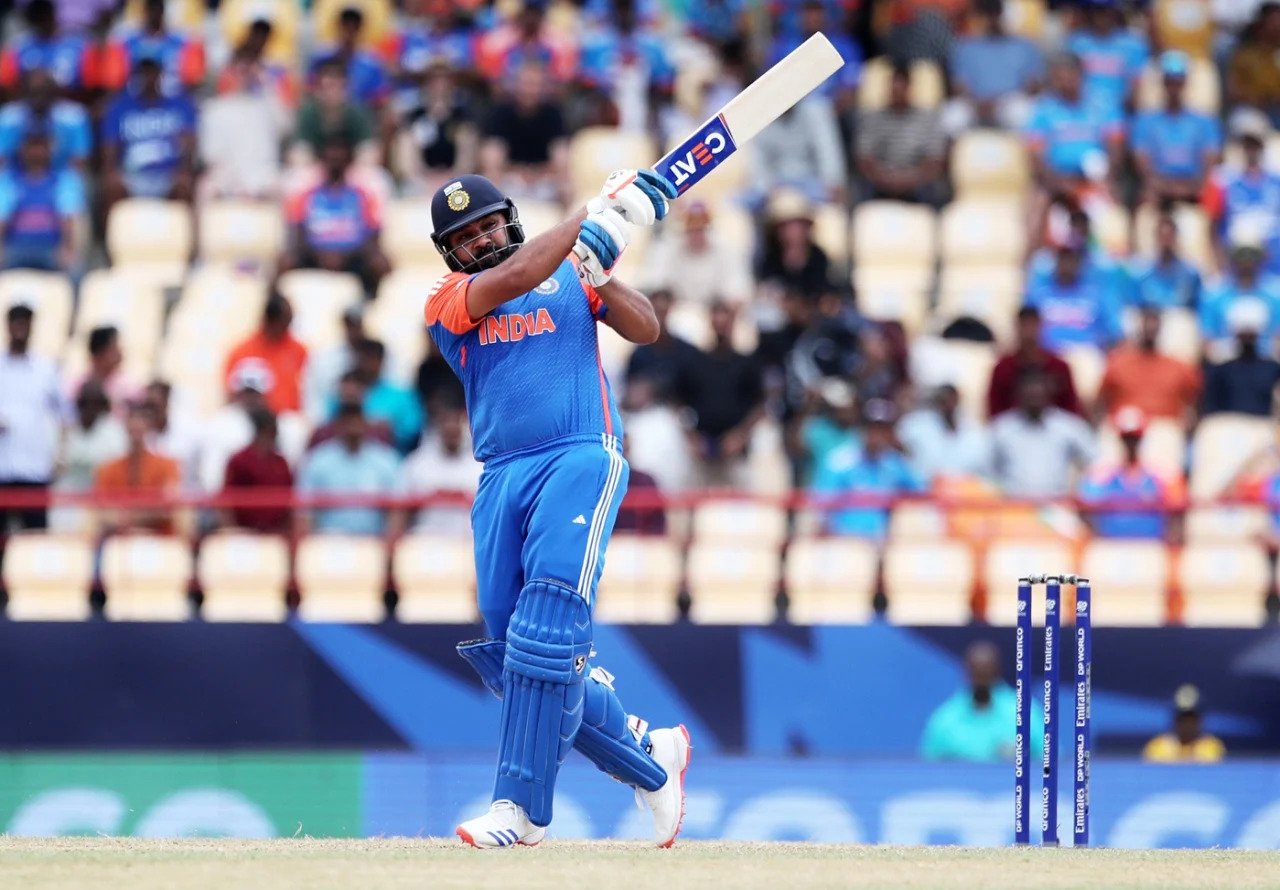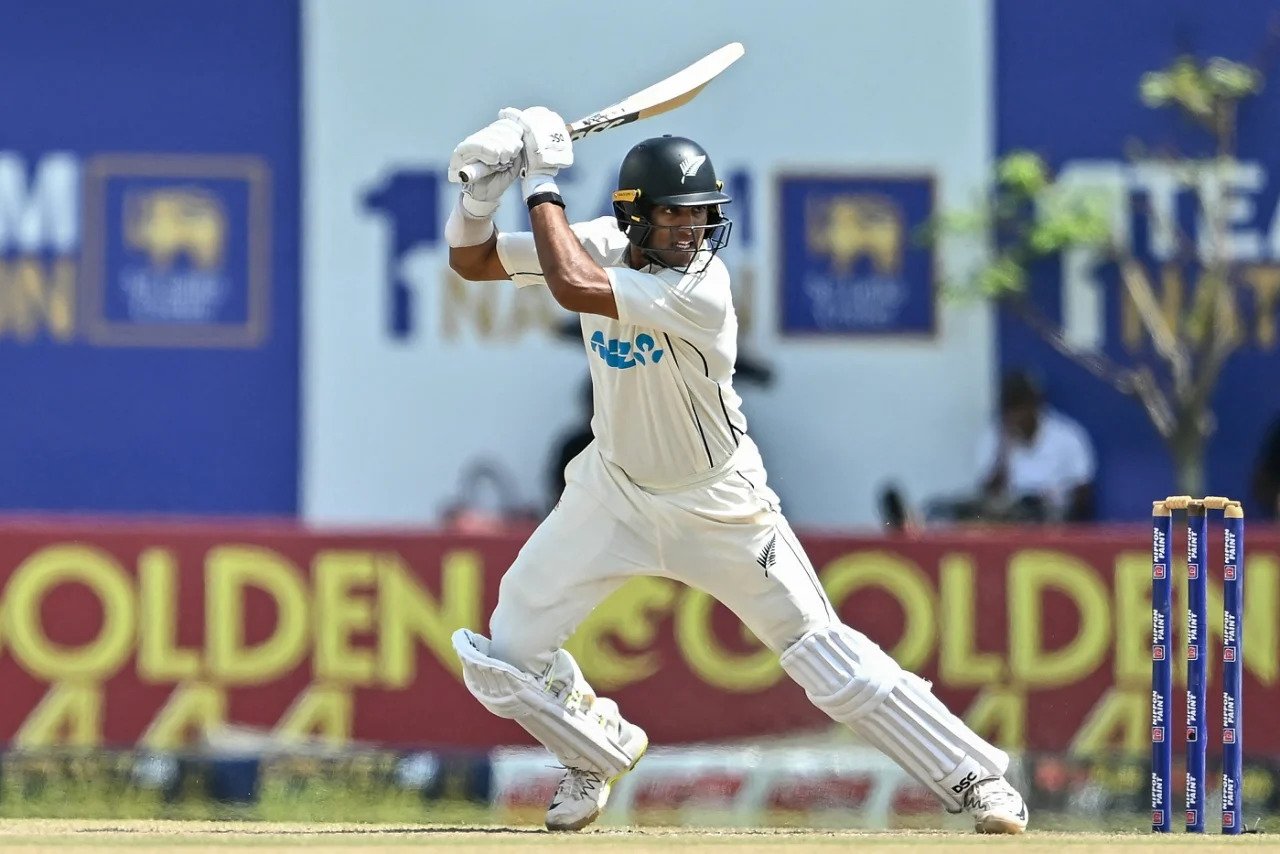India vs England: Abhishek Sharma’s Record Breaking Performance Powers India to 150 Runs Victory
India vs England –
In the 5th Twenty20 International at Wankhede Stadium in Mumbai, India defeated England by 150 runs thanks to an outstanding innings from Abhishek Sharma, securing a 4-1 series triumph. Leaving England’s bowlers powerless and records in ruins, his scorching 135 off 54 balls created a new record for the highest score by an Indian in Twenty20 Internationals.
Sharma’s brilliant batting display helped India reach an imposing 247/9, a mark that was just too much for the visitors to meet. Only Phil Salt (55 from 21 balls) put up any fight as England’s chase was quickly wrecked. India won handily as England’s innings collapsed to just 97 all out in 10.3 overs.
Key Performances and Match Scorecard
India 247 for 9 (Abhishek 135, Carse 3-38) beat England 97 (Salt 55, Shami 3-25) by 150 runs.

Abhishek Sharma dominated England’s fast-paced Twenty20 International attack and broke numerous records to reach the highest score ever recorded by an Indian batsman in Twenty20 Internationals, 135 off of 54 balls.
During his tenure, India amassed an overwhelming 247 for 9, which turned out to be too much in a decisive 150-run triumph and a 4-1 series record.
Phil Salt responded with a 21-ball fifty, resuming some of the form that had dominated the previous year’s IPL. However, England’s reply was a complete failure, stumbling to 97 all out in 10.3 overs.
Abhishek’s dominating performance did not prevent him from playing. He first got Mohammed Shami the first of his three wickets by being in the covers to stop Ben Duckett’s first-ball drive.
Abhishek was then given the ball for the ninth over after Jos Buttler, Harry Brook, and Liam Livingstone had all fell while trying to remain in touch at a rate of more than two a ball. He promptly grabbed two more in five balls, as Jamie Overton and Brydon Carse holed out.
But all of that was a bit unnecessary for the big event of the day. Abhishek’s innings statistics were as breathless as his performance. He hit a record 13 sixes for India, which is equivalent to nearly one out of every four balls he faced. All of these were in the arc from point to mid-on, making life extremely risky for the spectators at extra cover.
His 37-ball century was second-fastest in a match involving Full Member nations, after only David Miller’s 35-ball century against Bangladesh in 2017. His 17-ball fifty was India’s second-fastest in the format. India easily reached a new national record of 95 for 1 in the six-over powerplay under Abhishek’s direction. and all of this after Jos Buttler also trapped them.
Abhishek’s complete faith in the circumstances and England’s frequently guileless lengths encouraged him to plant his front foot to pace and spin alike, and even blast deliveries at speeds of up to 150 kph across the line with impunity. At moments, it felt like watching a full-fidelity game of Stick Cricket.
When the innings reached the 10-over mark, India’s options were virtually limitless. With 143 for 2 on the board and Abhishek having hammered his way to 99 off 36 balls, the first Full Member 300 was definitely on the cards.
However, England managed to gain a relative advantage, primarily because of Brydon Carse’s outstanding three-wicket performance. After hitting a rare single into the covers to reach three figures, Abhishek’s momentum took a serious hit, as he was only able to score nine runs off nine balls in the following six overs.
But it was not possible to completely stop India’s assault. A game of cat-and-mouse with Adil Rashid ended in a misplaced wrong’un to deep cover, but it wasn’t until Abhishek hit two more sixes back over the bowler’s head that he regained his dominance as Carse’s final over went for 17.
Following the events in Pune, where Harshit Rana’s questionable debut as Shivam Dube’s concussion substitute left England feeling rather resentful, there was no shortage of needle. Buttler made a humorous pledge to the rumpus when he referred to England’s four unselected players as “impact subs” at the toss.
England was even more suspicious of that call because Dube had returned to action only 48 hours after Overton had given him a serious blow to the helmet. Not only did Dube have no negative effects, but he also demonstrated that his bowling, however notably less expressive than Harshit’s, was just as capable of leaving an impression.
The final nail in the coffin for England’s innings came with his opening ball at the beginning of the eighth over. When he snatched Dube’s 117kph sighter through to Dhruv Jurel, England was 82 for 5 and rapidly losing. Salt had bludgeoned 17 runs off Shami’s opening over, the only time England had been ahead of India’s rate. The first ball of his subsequent over was subsequently used to bowl Jacob Bethell. Oh, and just for good measure, he hit 30 off 13 balls.
Carse’s breakthrough season for England has been outstanding in all formats. He has already established himself as their preferred third seamer in Test cricket due to his desire for the hard overs, and many of the same heartwarming qualities were evident in today’s horrific match scenario.
Carse’s tenure with India started off rattling along at almost 15 runs per over, reaching 127 for 1 after eight. However, he immediately distinguished himself from his colleagues’ more one-dimensional block-knocking style by hitting strong lengths with deft speed adjustments.
Although it was exciting to watch, Mark Wood and Jofra Archer’s extremely overt powerplay set the tone for England’s strategy. Two sixes, 16 runs, and a severe cut to the finger from a third-ball lifter into the gloves were all part of Archer’s first-over fight with Sanju Samson. Wood’s follow-up hardly decelerated below 150 kph, as Samson holed out to deep square leg, his seventh dismissal to the pull shot in as many innings this series.
Similar circumstances befell Suryakumar Yadav, who ended his series with just 28 runs in five innings, further undermining India’s skipper. It didn’t really matter, though, because Abhishek was at the other end.




